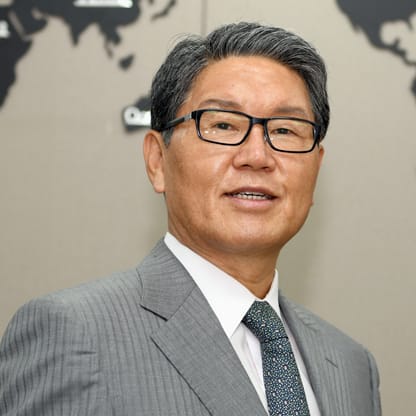Sessions With Joe Kang
Wednesday, 13 March
-
07:30am - 08:35am (CST) / -
Renewables & Gas Integration: Is there an efficient frontier?
Panel Gas Climate/Environment/SustainabilityAs power markets plan for ever-increasing shares of renewable capacity, questions arise about the most efficient ways of adapting total generation mixes to accommodate that capacity and the impact of that adaptation on system costs. Tradeoffs often exist in power systems between the two objectives of reducing carbon emissions and reducing costs, but the severity of those tradeoffs varies substantially depending on what complementary generation technologies are employed, what resource costs apply, and what levels of renewable penetration are achieved. This session will consider IHS Markit research identifying an “efficient frontier” of carbon-cost tradeoffs in different power markets. It will explore the implications of such efficient frontiers for power planning and policy and for the future of gas generation, nuclear generation, power storage, and renewables themselves.
- Speakers:
- Timothy Gardner
- Joe Kang
- Claudia Squeglia
- Robert Yeager
- Sonny Garg

